Vitamin E And Heart Disease
Vitamin e and heart disease. A famous study that used the wrong form of vitamin E. What you may not have heard is that vitamin E can play a significant role in heart disease prevention. Not only do they not help theres even some suggestion that taking vitamin E supplements may slightly raise the risk of heart failure and hemorrhagic bleeding strokes.
Vitamin E was linked to a 13 higher risk of heart failure and a 21 increased risk of hospitalization for heart failure. The simple fact is not all forms of vitamin E work equally well for preventing heart disease. Nurses who chose to take Vitamin E also tended to have a lower risk of heart disease.
These data do not prove a causal relation but they provide evidence of an association between a high intake of vitamin E and a lower risk of coronary heart disease in men. Vitamin E and Heart Disease Prevention Youve probably heard that vitamin E is a powerful antioxidant that works wonders for anti-aging. Some studies have suggested that certain vitamins such as vitamins C and E may reduce your heart disease risk but larger clinical trials havent shown a benefit.
Public policy recommendations with regard to the use of vitamin E supplements should. The studies were adjusted for life-style differences smoking physical activity dietary fiber intake aspirin use in order to determine the heart effect of vitamin E supplementation alone. The American Heart Association doesnt recommend taking either vitamin as a way to prevent heart disease.
Various studies have evaluated the antioxidant effects of vitamin E in the prevention or treatment of coronary artery disease CAD. Vitamin E might also help prevent the formation of blood clots that could lead to a heart attack or venous thromboembolism. It was found that those who supplement with at least 100 IU of vitamin E daily reduced their risk of heart disease by 59 to 66.
Vitamin E supplementation might be associated with an increase in total mortality heart failure and hemorrhagic stroke. The experts have been saying for years that vitamin E does not reduce the risk of heart disease. It can reduce your risk for heart disease.
The American Heart Association does not support the use of vitamin E supplements to prevent cardiovascular disease but does recommend the consumption of foods abundant in antioxidant vitamins and other nutrients. 066 95 percent confidence interval 050 to 087 after adjustment for age and smoking.
Public policy recommendations with regard to the use of vitamin E supplements should.
A famous study that used the wrong form of vitamin E. Public policy recommendations with regard to the use of vitamin E supplements should. Vitamin E might also help prevent the formation of blood clots that could lead to a heart attack or venous thromboembolism. The hypothesis that links vitamin E to the prevention of cardiovascular disease CVD postulates that the oxidation of unsaturated lipids in the low-density lipoprotein LDL particle initiates a complex sequence of events that leads to the development of atherosclerotic plaque. Patients taking vitamin E had significantly more heart failure. These data do not prove a causal relation but they provide evidence of an association between a high intake of vitamin E and a lower risk of coronary heart disease in men. The experts have been saying for years that vitamin E does not reduce the risk of heart disease. An early study found that those who took more Vitamin E had less heart disease. In fact guidelines from the American Heart Association state that supplements of the vitamins listed above should not be taken to prevent heart disease.
These data do not prove a causal relation but they provide evidence of an association between a high intake of vitamin E and a lower risk of coronary heart disease in men. Vitamin E was linked to a 13 higher risk of heart failure and a 21 increased risk of hospitalization for heart failure. Some studies have suggested that certain vitamins such as vitamins C and E may reduce your heart disease risk but larger clinical trials havent shown a benefit. It can reduce your risk for heart disease. Vitamin E supplementation might be associated with an increase in total mortality heart failure and hemorrhagic stroke. Various studies have evaluated the antioxidant effects of vitamin E in the prevention or treatment of coronary artery disease CAD. The hypothesis that links vitamin E to the prevention of cardiovascular disease CVD postulates that the oxidation of unsaturated lipids in the low-density lipoprotein LDL particle initiates a complex sequence of events that leads to the development of atherosclerotic plaque.
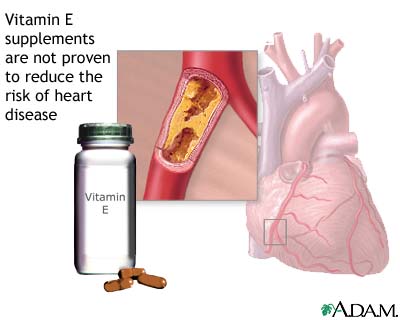





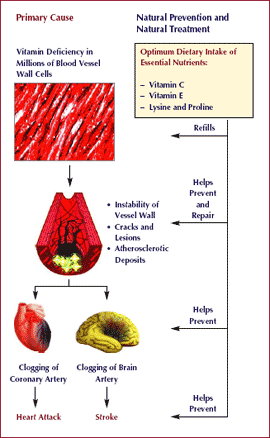







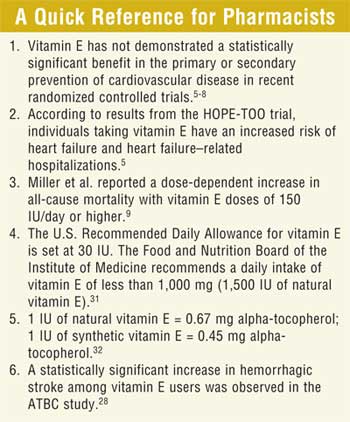
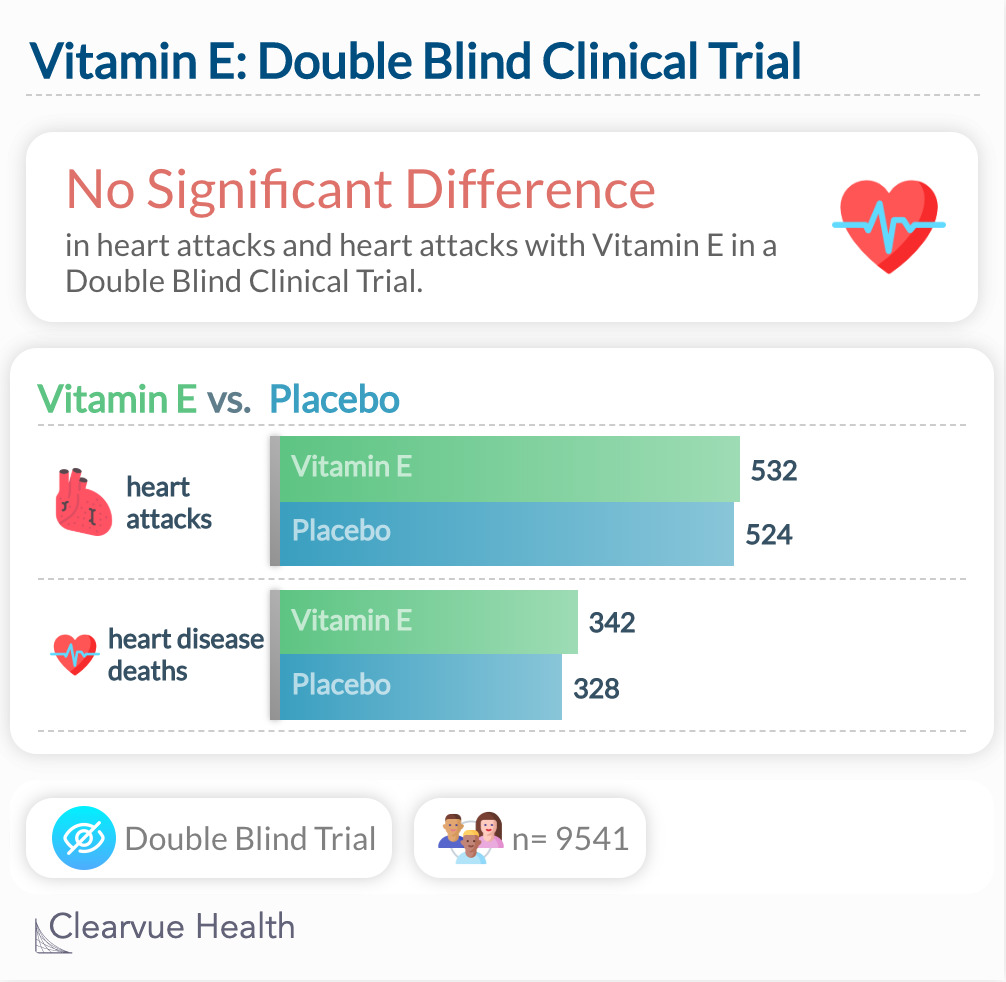






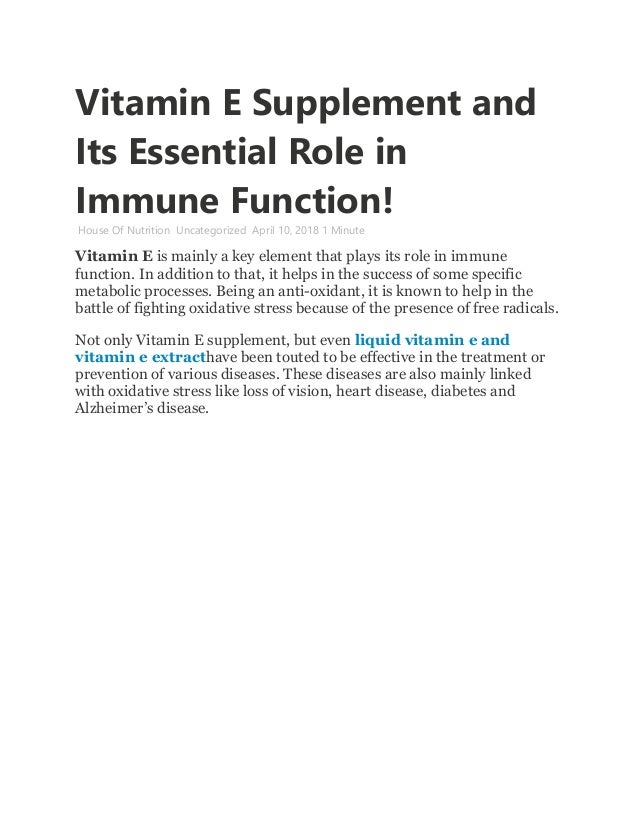





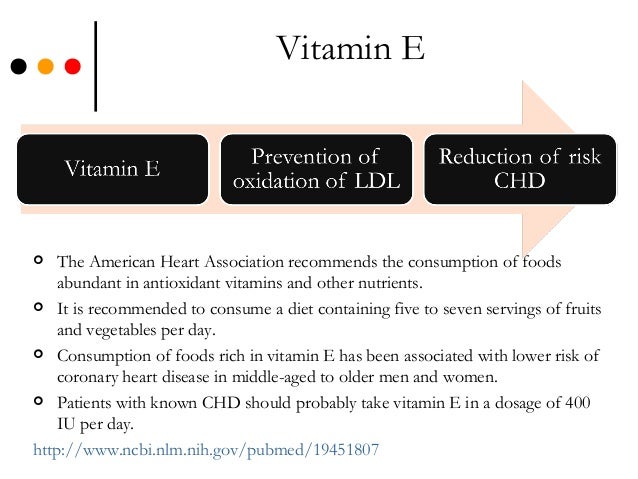

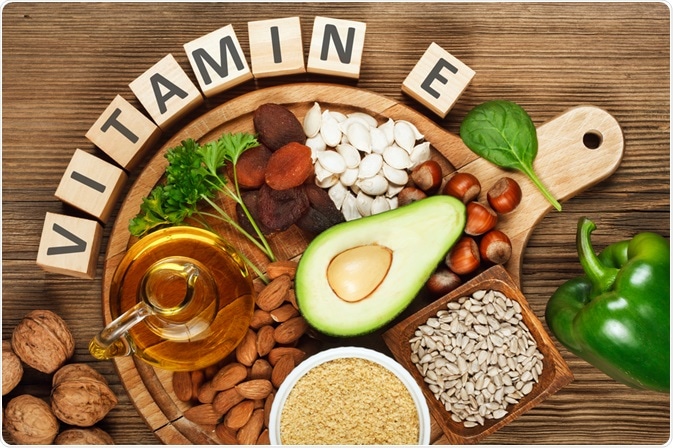




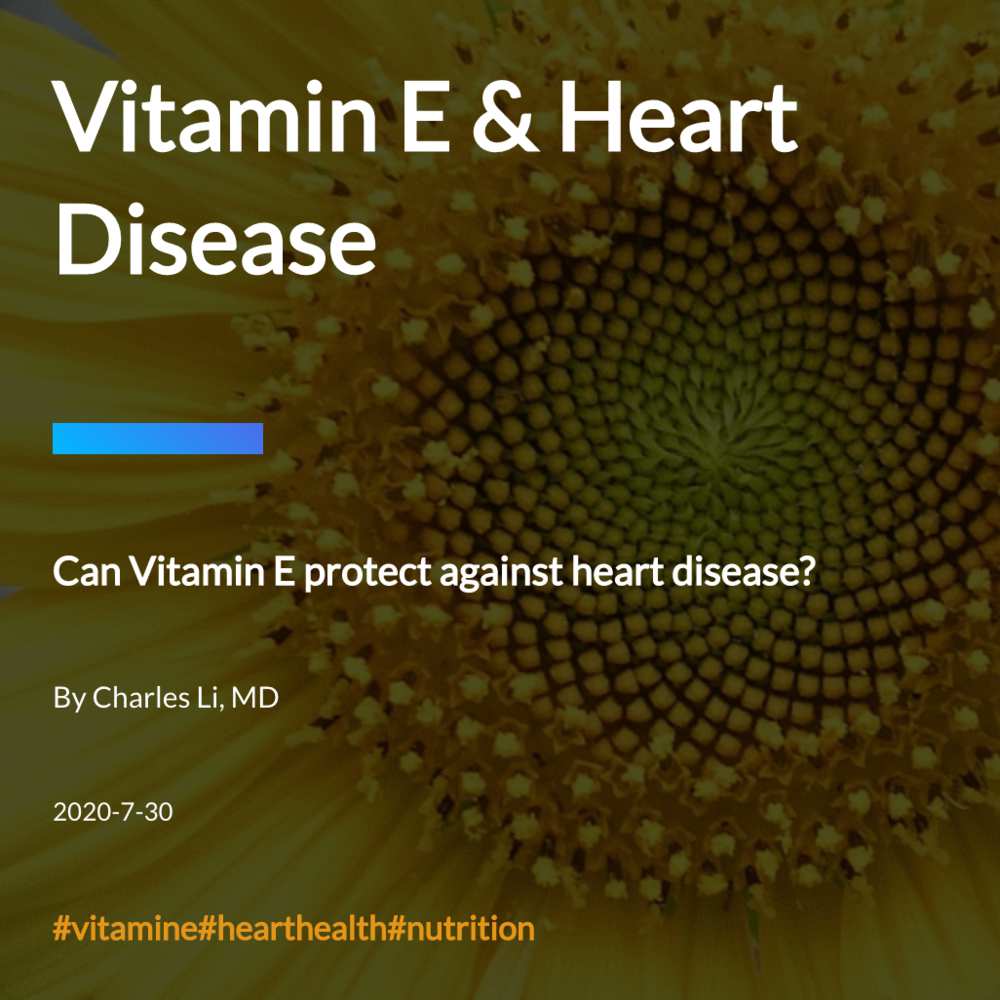

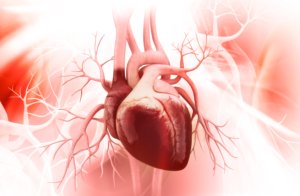

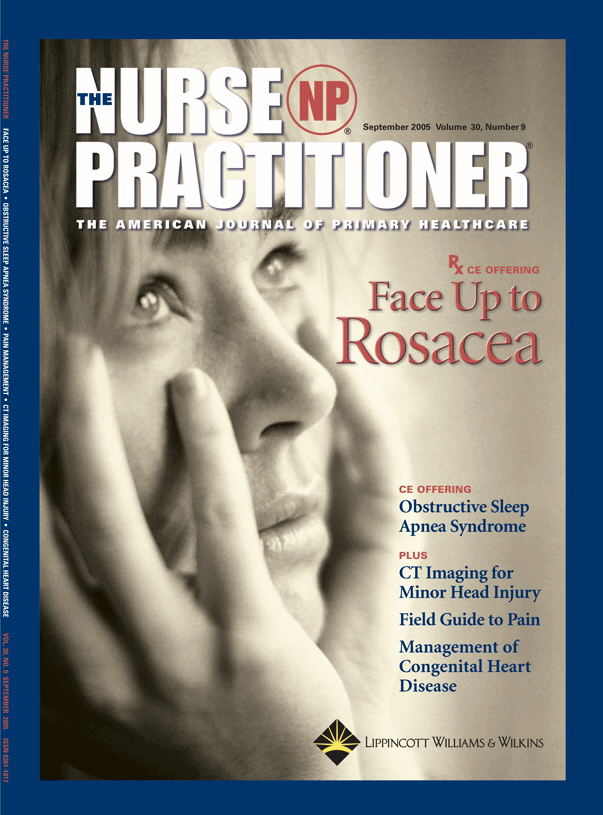


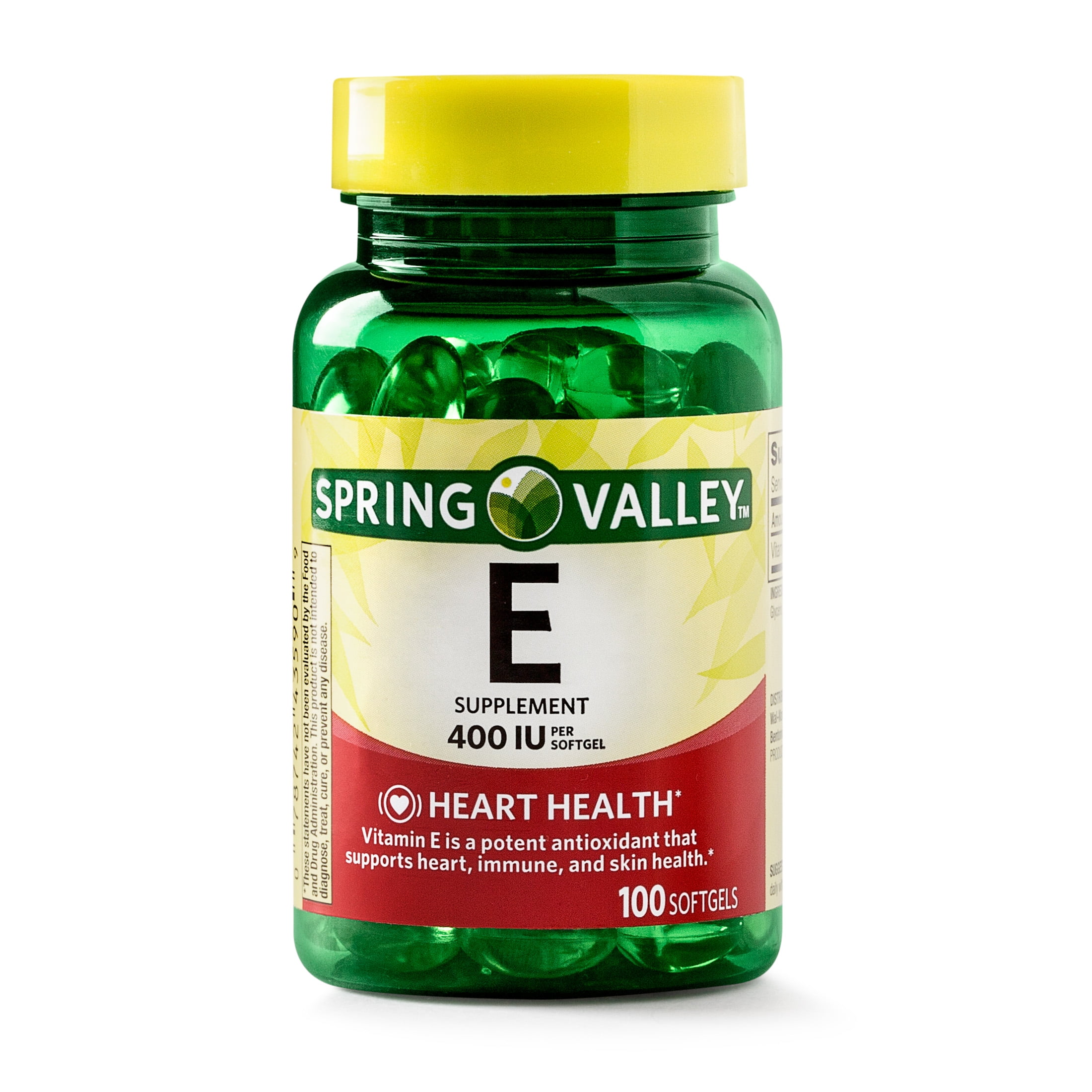

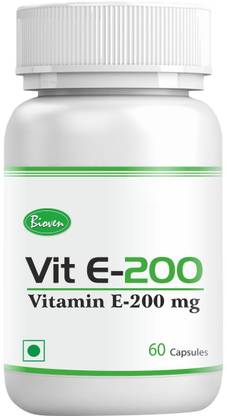

Posting Komentar untuk "Vitamin E And Heart Disease"